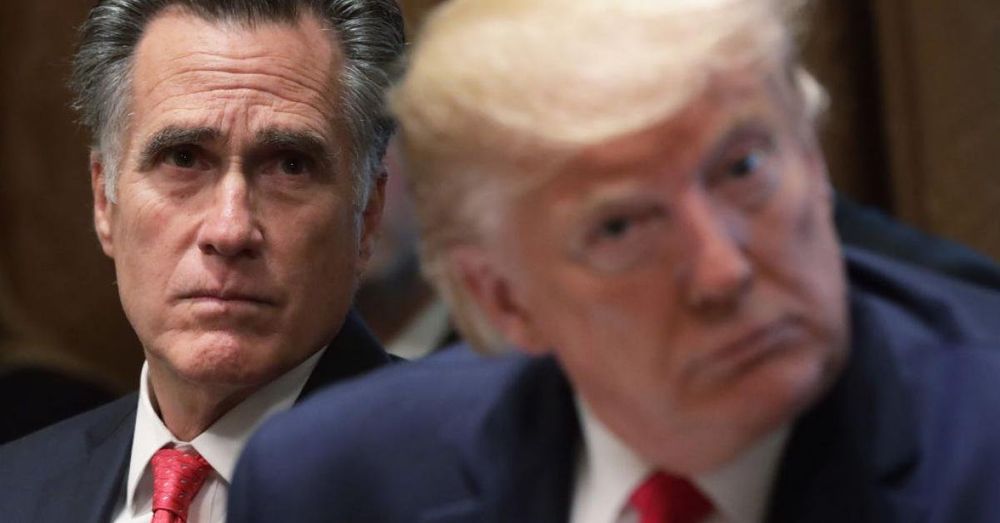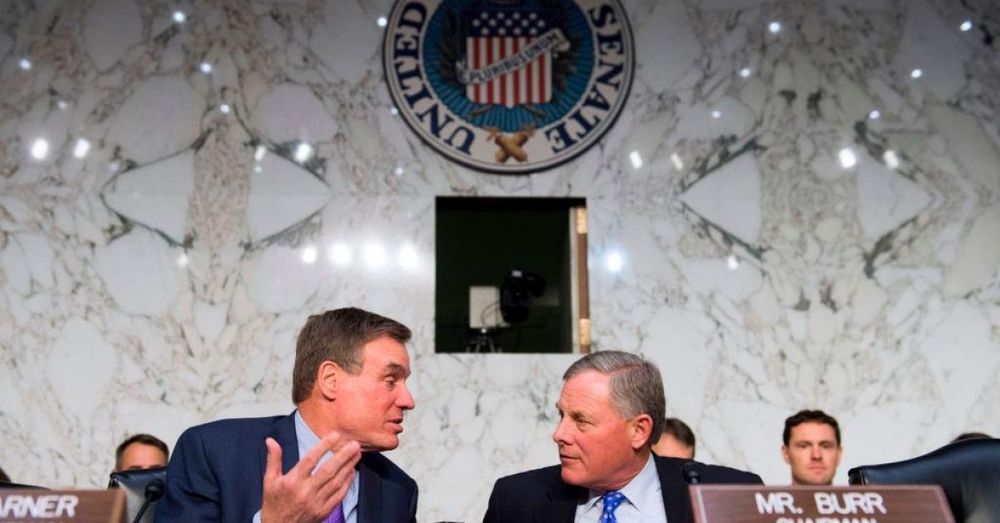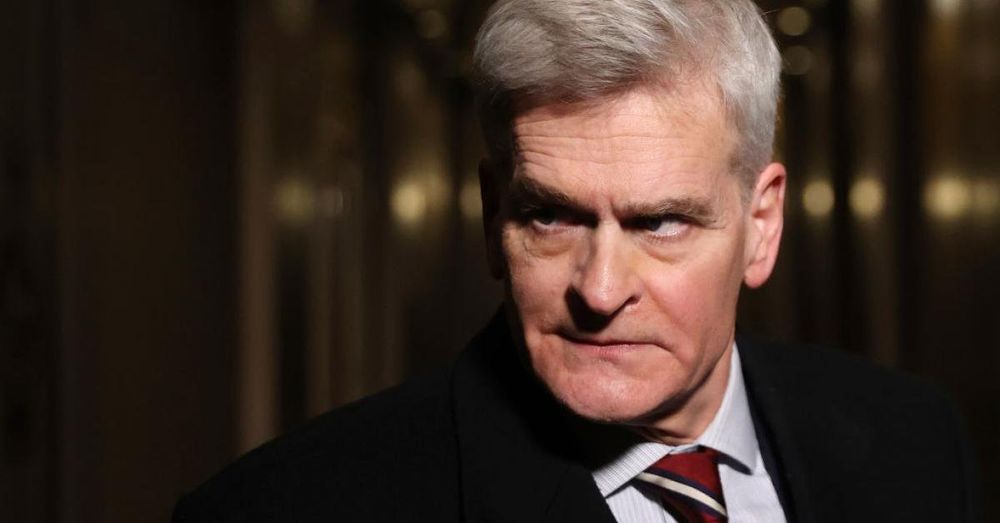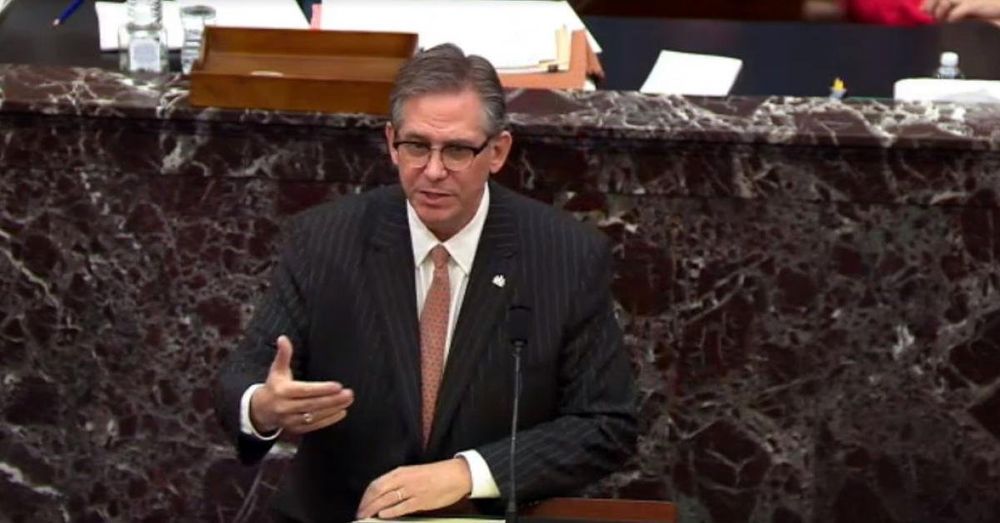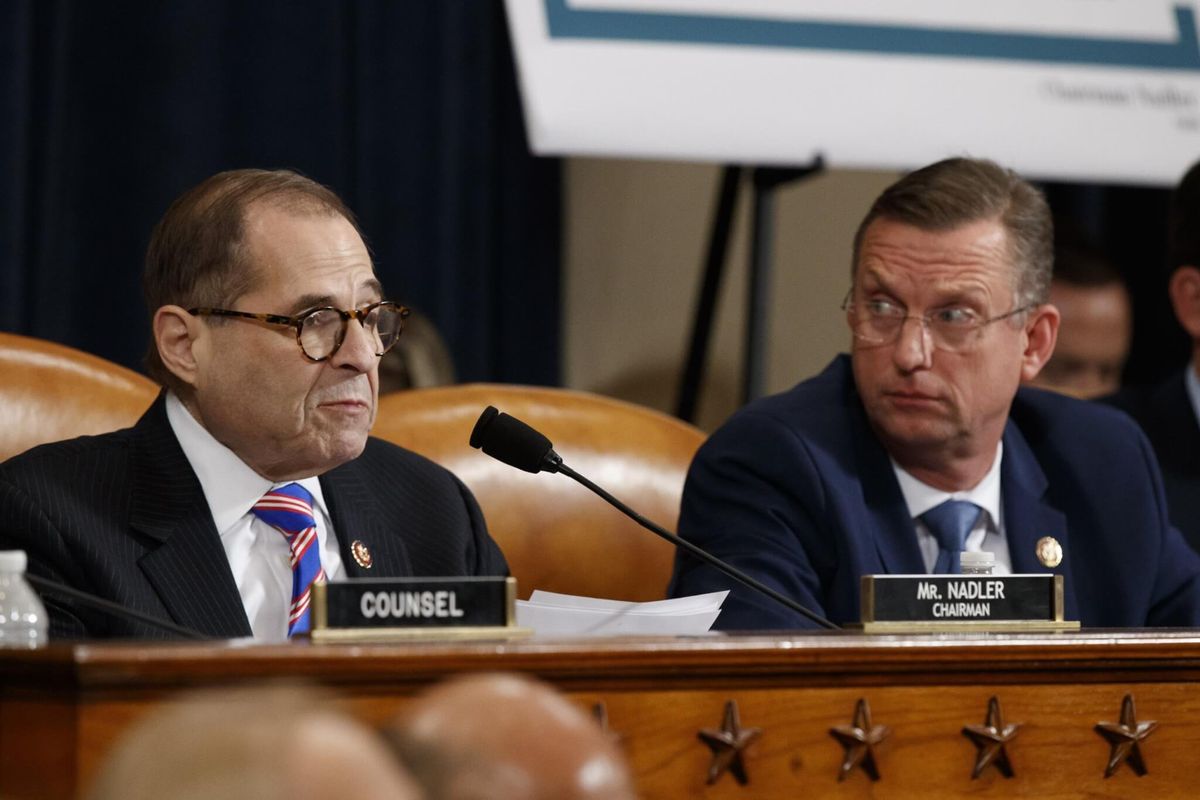
House Judiciary Committee Hears Evidence as Impeachment Vote Nears
The push by Democrats in the U.S. House of Representatives to impeach President Donald Trump resumes Monday as the Judiciary Committee hears testimony from Democratic and Republican lawyers about the case for and against the American leader.
The panel is drafting articles of impeachment against Trump. But the Judiciary chairman, Congressman Jerrold Nadler, said the number of articles of impeachment and the scope of the allegations won't be decided until after lawmakers hear summations of evidence collected by the Judiciary Committee staff and testimony heard in recent weeks by the House Intelligence Committee.
Nadler said Sunday the Judiciary Committee could possibly vote this week on articles of impeachment against Trump, setting the stage for a simple-majority vote in the full Democratic-controlled House before the annual congressional Christmas holiday recess starts late next week.
If Trump is impeached, as appears likely, the Republican-majority Senate would try him on the impeachment allegations in January. But his conviction by the required 67 of the chamber's 100 members and removal from office remains unlikely. At least 20 Republicans would have to turn against Trump for a conviction, but none has called for his conviction and ouster from the White House.
The White House will not be participating. White House Counsel Pat Cipollone criticized the impeachment inquiry unfolding in the Democrat-majority House of Representatives as "completely baseless" and called potential impeachment articles "a reckless abuse of power."
Trump posted Tweets Sunday labeling the process a "witch hunt," a "hoax," and lacking due process, while also sharing numerous posts from others saying he was being treated unfairly.
Democrats say the evidence against the president is clear.
Service unavailable
Judiciary Committee Chairman Jerrold Nadler told CNN that Trump would be found guilty in "three minutes flat" if he were facing charges before a criminal court jury that he abused his office by soliciting Ukraine to investigate one of his chief 2020 Democratic presidential challengers, former Vice President Joe Biden.
Nadler said if Trump "had any exculpatory evidence," he would be making it known rather than rejecting participation in the hearings.
It is not clear how many articles of impeachment Democrats plan to bring against Trump, but Nadler said the Judiciary Committee could vote on them by the end of the week.
The issue would then move to the full House of Representatives where its Democratic majority would be widely expected to approve them, as early as the Christmas recess, sending the impeachment process to the Republican-led Senate for a trial in January. Two-thirds of the Senate would need to vote to convict Trump and remove him from office, which remains unlikely given the support he retains among members of his party.
There is some division among Democrats about whether to limit impeachment articles to allegations Trump abused his power by asking a foreign government for help in a U.S. election and obstruction for White House refusal to turn over key documents and allow key Trump aides to testify in the investigation, or to expand to include allegations Trump sought to obstruct special counsel Robert Mueller's investigation of Russian interference in the 2016 election.
Trump could be the third U.S. president to be impeached, after Andrew Johnson in the mid-19th century and Bill Clinton two decades ago, although both were acquitted in Senate trials and remained in office. Former President Richard Nixon resigned in 1974 in the face of certain impeachment in the Watergate political corruption scandal and cover-up.
 Biden Campaign Attacks Trump Policy on Saudi Arabia, North KoreaNext PostWatchdog Expected to Find Russia Probe Valid Despite Flaws
Biden Campaign Attacks Trump Policy on Saudi Arabia, North KoreaNext PostWatchdog Expected to Find Russia Probe Valid Despite Flaws
